The Vegan Diet for Beginners - Everything to know
The vegan diet is a new way of eating that's focusing on a plant-based diet without necessarily giving up all animal products. Vegans mostly avoid animal products such as eggs and dairy and instead include things like nuts, seeds, beans, and other unsaturated fats.
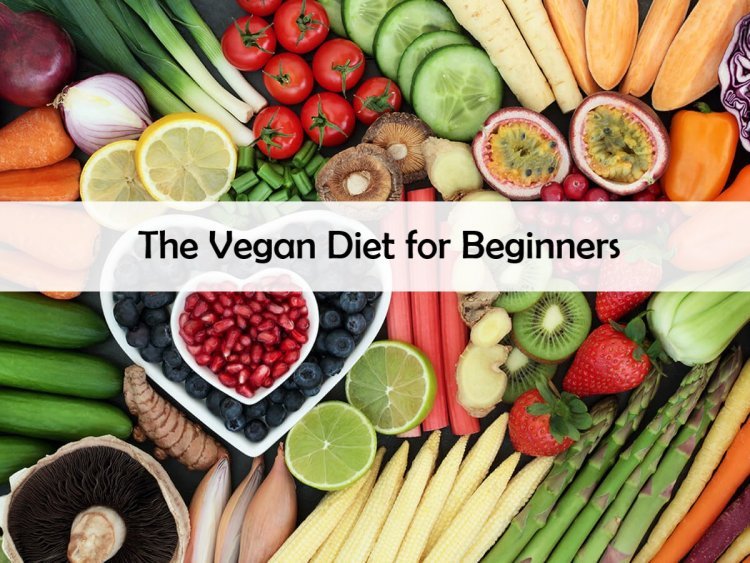
Table of Contents
Veganism, as we know it today, was established in the 1940s by Donald Watson and his followers. A vegan diet is a new way of eating that's focusing on a plant-based diet without necessarily giving up all animal products. Vegans mostly avoid animal products such as eggs and dairy and instead include things like nuts, seeds, beans, and other unsaturated fats. There are a lot of people who want to shift towards the vegan diet but do not know what to do. This article is about The Vegan Diet for Beginners to help them know about the food that vegans eat and the food that vegans do not eat. This shall help them achieve a good vegan diet.
Why do people choose to be vegan?
Ethical reasons
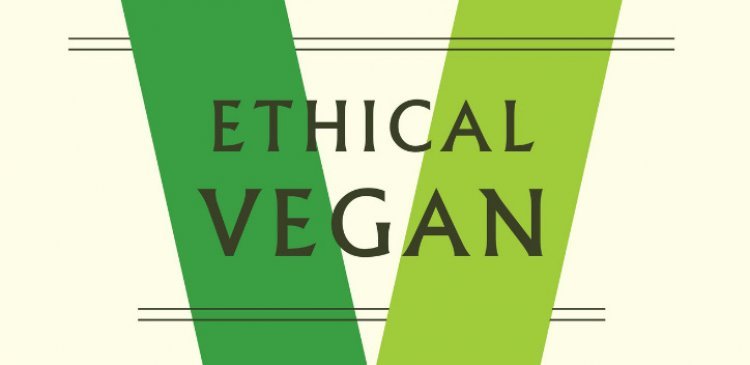
It's simple: animal agriculture is an abusive and wasteful business model that puts profit ahead of people and the planet. It's also short-sighted because veganism is not just a moral stance, it's also a practical way to reduce animal suffering — which leads to fewer resources being used to produce food for humans and other animals. For these reasons and more, ethical vegans encourage others to go vegan or plant-based on a regular basis.
Health

Many who go vegan are also looking for a healthy, active lifestyle. Finding ways to live a healthier life while being vegan can be very rewarding. The key to staying healthy and active as a vegan is finding ways to incorporate fruits, vegetables, and whole grains into your daily diet. Vegans typically drink less alcohol, consume more plant-based proteins and fats, and tend to get more sleep than meat-eaters. Finding ways to incorporate these things into your diet can be challenging, but it's not impossible!
Environment

Veganism is a growing movement that promotes animal rights and the protection of the planet. Many people are replacing animal-based foods with plant-based alternatives, including vegan ice cream and chocolate. Reasons for going vegan or vegetarian vary from person to person. Some want to protect the animals while making personal lifestyle changes; others want to help improve the world around them by decreasing their carbon footprint or becoming less wasteful with resources. Vegans and vegetarians tend to be more ethical and environmentally conscious than the general population.
Different types of Vegan diets
There are different types of vegan diets. These few types will let you know which vegan diet is suitable for you.
1. Whole-food plant-based vegan diet

In this type of vegan diet, your food should include a wide range of whole plant-based foods like whole grains, legumes, fruits, nuts, and vegetables.
2. Raw Vegan Diet
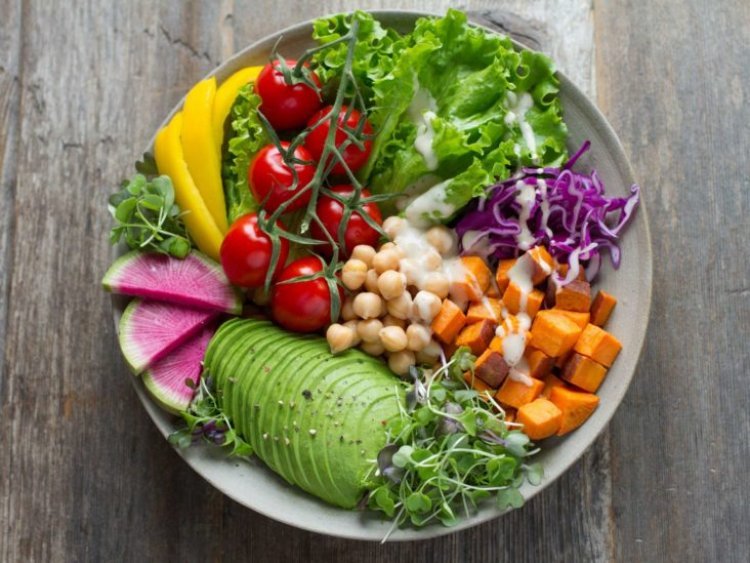
A raw vegan weight diet program is where people consume raw vegan food. As the name indicates, they eat their vegan food raw. This stems from the perception that by way of cooking food at excessive temperatures you lose some of the vitamins. Raw Vegan Diet means that vegan food that has not been cooked above 104 Fahrenheit.
3. Junk food Vegan diet
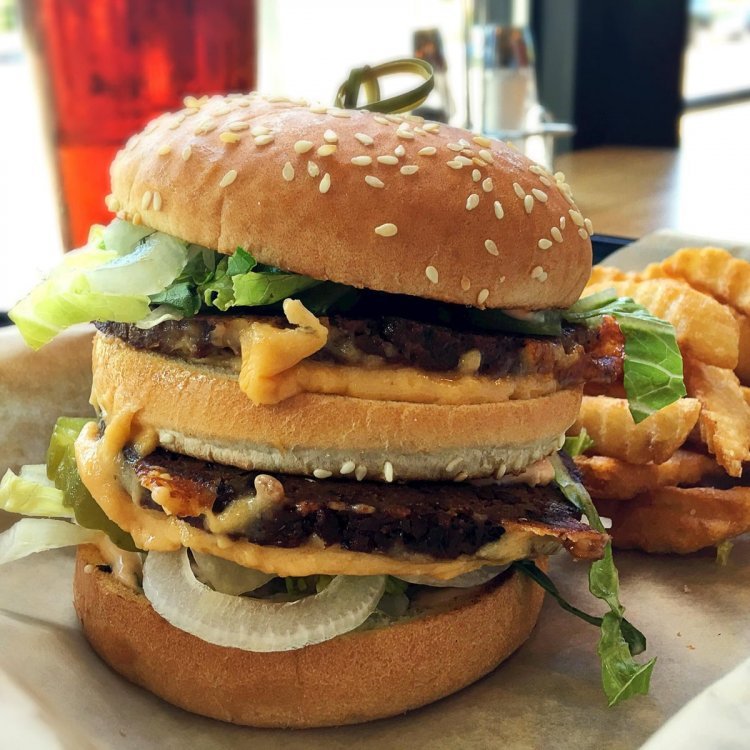
Vegan junk food has become famous these days. The growth of vegan junk food signifies that vegans can now relish burgers, ice creams, and other foods. These types of vegans have a good amount of vegan junk food and are also known as junk food vegans.
4. Fruit-based vegan diet
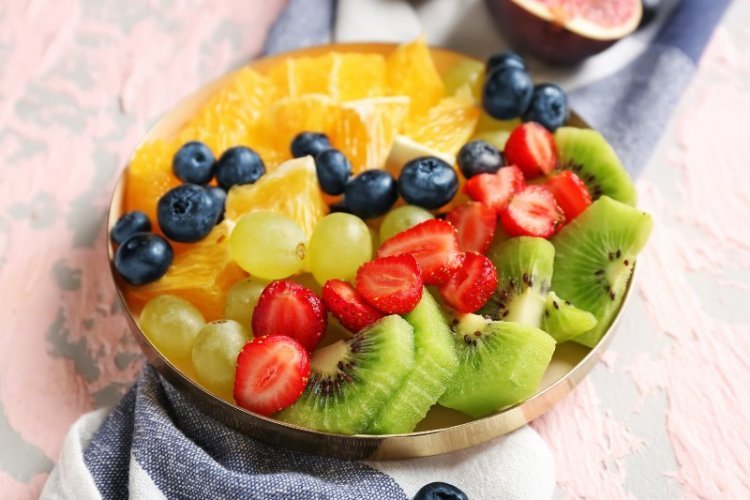
A fruit-based vegan diet is one where people only eat fruits, seeds, and nuts. Some people eat the fruits that are fallen on the ground. Some people don't even eat the seeds as they feel new plants will grow from them. Cooked food is completely avoided.
5. Raw Till 4 diet
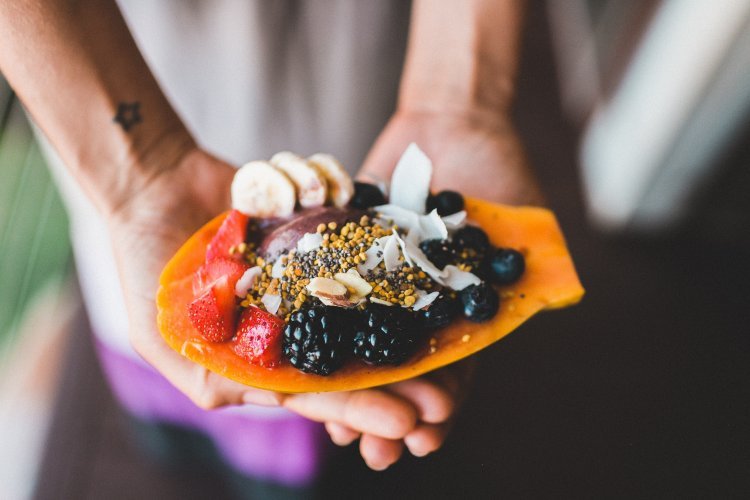
The raw till 4 diet is where the people eat raw vegan food until 4 pm. There are people who want to eat hot cooked vegan food but also don't want to eat it all the time, those people follow the Raw till 4 vegan diet.
6. High Carb Low-fat vegan diet
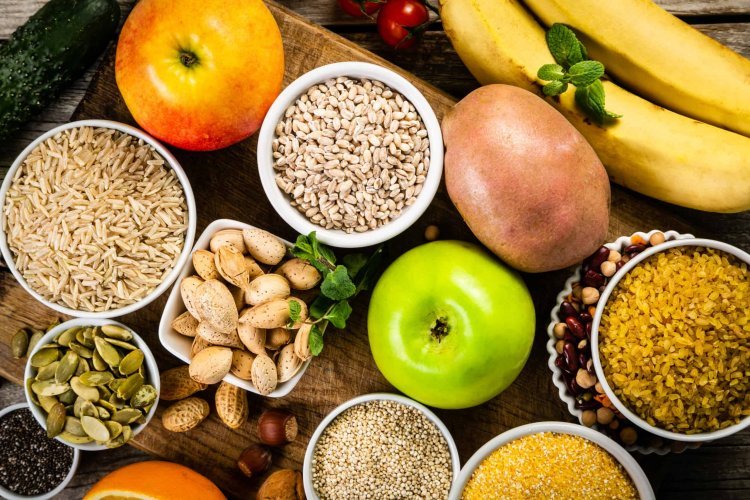
Basically, it focuses normally on whole plant-based foods which mechanically makes the food regimen high in carbohydrates. Many diseases like diabetes or coronary heart disease can be prevented and even reversed by following this diet.
7. Gluten-free vegan diet
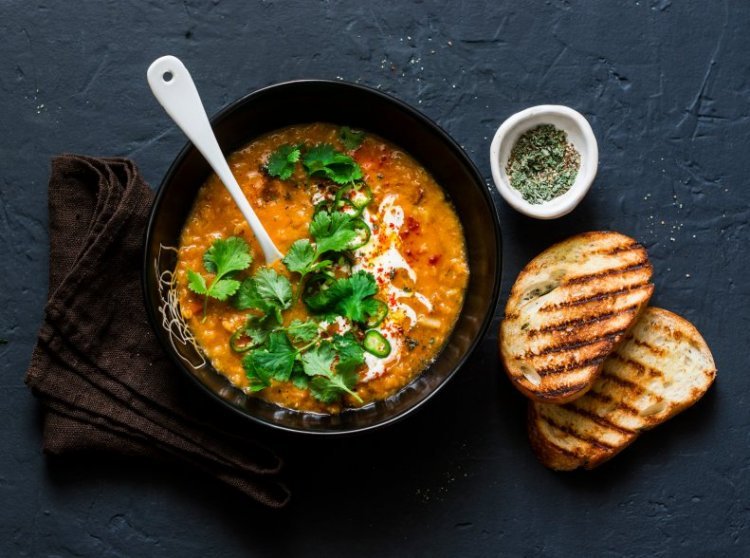
First of all, gluten is the protein found in rye, wheat, and barley. A gluten-free vegan diet is one in which there are no animal products or food containing gluten. People allergic to gluten also follow this vegan diet.
Foods that Vegans don't eat
Vegans don’t eat foods of animal origin -
- Beef, pork, lamb, and other red meat
- Cheese, butter
- Poultry products
- Dairy products
- Honey
Foods that Vegans eat
- Nuts and seeds
- Soymilk, coconut milk, and almond milk (dairy alternatives)
- Vegetable oils
- Bread, rice, and pasta
- Peas, beans, and lentils (Legumes)
- Fruits and vegetables
Health Benefits of a Vegan Diet
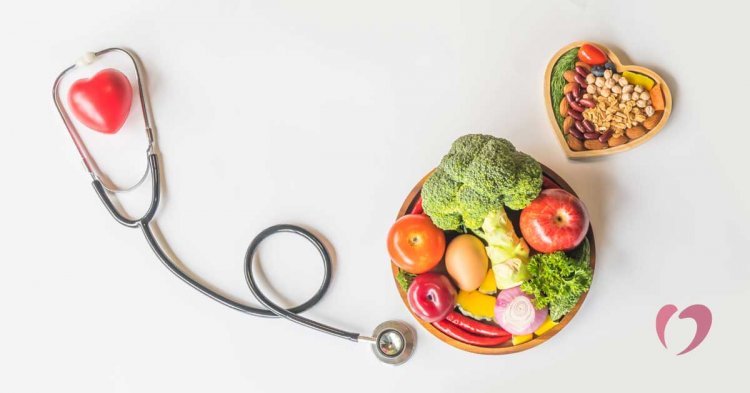
A vegan diet is an all-natural way to tackle — and probably reduce — one of the world’s biggest killers: cancer. Despite everything you may have heard and read about meat and dairy consumption, studies show there is virtually no correlation between eating animal products and developing cancer. Instead, a vegan diet can help fight bone density loss — which can ultimately lead to osteoporosis — as well as improve your blood calcium levels, ultimately preventing the formation of osteoporotic spots (joint pain and stiffness) that commonly occur as we age. A diet low in processed carbohydrates also lowers blood sugar levels, which improves symptoms of diabetes – a leading cause of death in the United States.
Disadvantages of Vegan Diet
Even though the vegan diet has a lot of benefits, it also has some disadvantages.
1. There might be limited food choices
As we all know, in the vegan diet, we have restrictions on the food ingredients to eat. A non-vegan diet has a variety of foods but switching to vegan might make you feel limited in the beginning.
2. Difficulty in implementation in daily life
There are some regions where there isn't high availability of vegan food ingredients. Because of this reason, it might be slightly difficult in implementing a vegan lifestyle.
3. Possibility of Nutritional deficiencies
It is known to most of us that a vegan diet is healthy and beneficial but sometimes this is not the case. Some vegans might have nutritional deficiencies as vegan diets are low in calcium and vitamins. As a result of this, the formation of bones and other essential functions won't be performed properly.
4. Expensive diet
Vegan foods are not mostly available everywhere. So, it is generally costlier than normal non-vegan food products.
Healthy Vegan Snacks
Snacks are a great method to remain stimulated and keep hunger in control.
Some tasty and portable vegan snacks for all the vegans.
- Fresh fruits with a spot of nut butter
- Hummus and vegetables
- Nourishing yeast sprinkled on popcorn
- Cooked chickpeas
- Nut and organic fruit bars
- Chia pudding
- Handmade muffins
- Whole wheat pita with salsa and guacamole
- Oats with plant milk
- Cashew nut spread
- Whole-grain crackers
- A plant-milk latte or cappuccino
In the end, I would like to say that different types of vegan diets have their own pros and cons. If you choose to be a vegan then go through this article and then Make your Choice!
FAQ: The Vegan Diet for Beginners
▸ Q. Vegan food list for beginners.
▹The list of vegan foods for beginners are:
- Nuts and seeds
- Soymilk, coconut milk, and almond milk (dairy alternatives)
- Vegetable oils
- Bread, rice, and pasta
- Peas, beans, and lentils(Legumes)
- Fruits and vegetables
▸Q. What are the Vegan diet benefits?
▹ A vegan diet can help fight bone density loss which can ultimately lead to osteoporosis. A diet low in processed carbohydrates also lowers blood sugar levels, which improves symptoms of diabetes. A vegan diet is an all-natural way to tackle and probably reduce one of the world’s biggest killers: cancer.
▸ Q. What do you eat on a vegan diet?
▹ Foods to eat on a vegan diet are:
- Whole-grain crackers
- Fruits and vegetables
- Bread, rice, and pasta
- Nuts and seeds
- Cooked chickpeas
- Nut and organic fruit bars
- Whole-grain crackers
- Soymilk, coconut milk, and almond milk


















